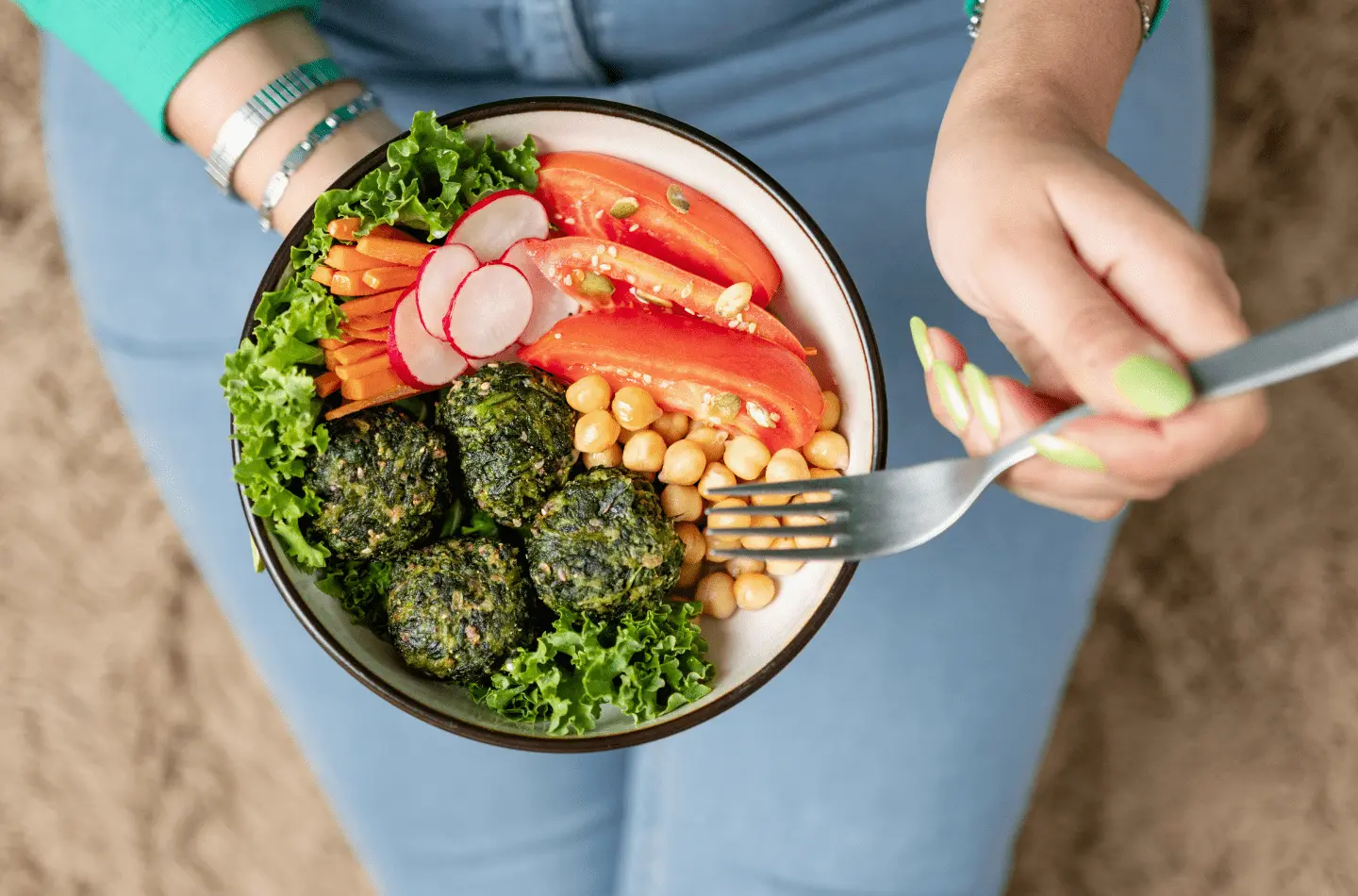Wellness
Best Plant-Based Ingredients for Vegans

So, you decided to be a vegan, which is good and has various proven health benefits, including improved blood sugar control, weight loss, and lesser risk for cancer, arthritis, kidney problems as well as Alzheimer's disease that more women are prone to. Unlike vegetarianism, veganism excludes any product that is even sourced from animals, which excludes dairy products and honey too.
There are many celebrities out there who stand strong for the concept of veganism and are happily vegans. Young actors like Miley Cyrus, Ariana Grande, Sonam Kapoor, Kangana Ranaut completely swear by their vegan diet patterns and encourage the world to do the same. More and more people are turning vegans, it is predicted that by 2040 only 40% of the global population will be consuming meat, with 35% consuming clean (lab) meat and 25% vegan meat replacements. Like many people, you choose to eat this way for ethical and environmental reasons or health reasons. But, did you know that a vegan diet is rather challenging to follow and keep up with? Or, did you know that not following a vegan diet properly might lead to a lot of nutritional deficiency in you?
As vegan diets are exclusively based on plant foods, according to Dr. Priyanka Rohatgi, chief clinical dietician of Apollo Hospital a vegan diet is not always a balanced diet, there are higher chances of nutritional deficiency in people following these diets. So, one needs to be extra careful while selecting the ingredients making up your diet. Given below are some plant-based ingredients to include in your vegan diet for better results and a balanced diet: Tofu, tempeh and seitan: These are a very good source of proteins in the diet. These are a perfect protein-rich alternative to meat, fish, poultry in different recipes.
Legumes
Legumes are the seeds of a family of plants called Fabaceae. Lentils, beans, peanuts and peas are a few examples that contain many beneficial nutrients. These are pure plant compounds. Sprouting, fermenting and proper cooking can increase nutrient absorption.
Nuts and nut butters
The unblanched and unroasted varieties of nuts are good sources of iron, fiber, magnesium, zinc, selenium and vitamin E. Eating nuts is also good for the cure of chronic diseases, including heart diseases and diabetes.
Seeds
Seeds like hemp, chia and flaxseeds contain a good amount of protein and beneficial omega-3 fatty acids. They should be a part of your vegan diet for an even enriched meal.
Calcium-fortified plant milk and yoghurts
These help vegans achieve their recommended dietary calcium intake. Opt for varieties also fortified with vitamins B12 and D whenever possible.
Algae
There are different varieties that can be consumed. Spirulina and chlorella are good sources of complete protein. Other varieties are great sources of iodine.
Nutritional yeast
This is an easy way to increase the protein content of vegan dishes and add an interesting cheesy flavour. Pick vitamin B12-fortified varieties whenever possible.
Whole grains, cereals, and pseudocereals
These are a great source of complex carbs, fiber, iron, B-vitamins and several minerals. Spelled, teff, amaranth, and quinoa are especially high-protein options.
Sprouted and fermented plant foods
Ezekiel bread, tempeh, miso, natto, sauerkraut, pickles, kimchi and kombucha often contain probiotics and vitamin K2. Sprouting and fermenting can also help improve mineral absorption.
Fruits and vegetables
Both are great foods to increase your nutrient intake. Leafy greens such as bok choy, spinach, kale, watercress and mustard greens are particularly high in iron and calcium.
Hope you get benefitted from the list of these vegan ingredients and incorporate them into your vegan diet to make it even more nutritious and fulfilling.
RELATED ARTICLES





MOST POPULAR




![cover-72-Hair_Spa_At_Home__5_Easy_and_Effective_Steps_For_Healthy_&_Nourished_Hair[1].png](https://thewoomag.com/public/backend/images/blogs/cover-72-Hair_Spa_At_Home__5_Easy_and_Effective_Steps_For_Healthy_&_Nourished_Hair[1].png)
.png)













I-221, 4th Floor, Hilton Drive Avenue, Sec-50, Gurgaon, 122018, Haryana
info@thewoomag.com
+91-8586970572